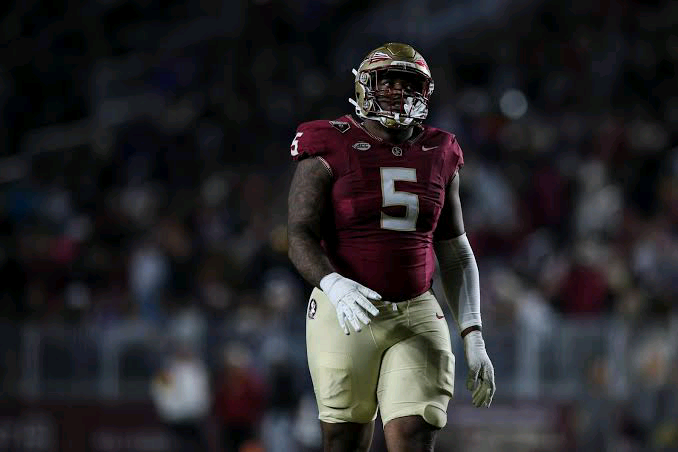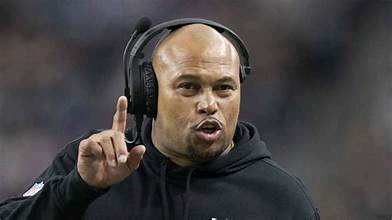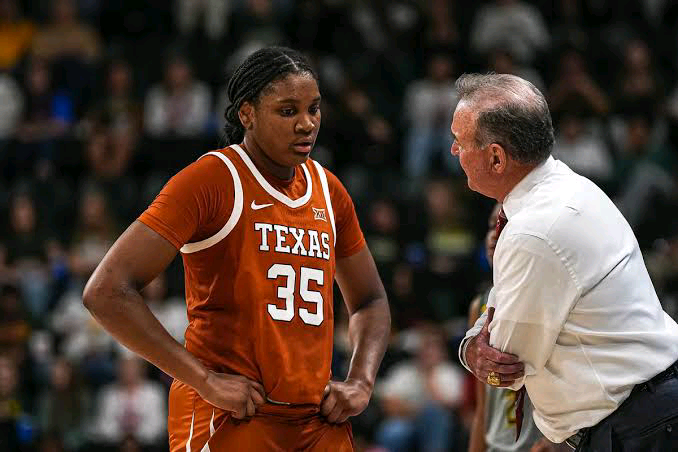
Rebuilding or Regressing? Jets’ Decision to Cut Rodgers & Adams Sparks Debate.
The New York Jets have once again made headlines, but this time, it’s not for their on-field performance. The team’s decision to part ways with quarterback Aaron Rodgers and safety Jamal Adams has ignited a firestorm of debate among fans, analysts, and former players. While some see this as a bold move toward a full-scale rebuild, others argue that the Jets are taking a major step backward.
The Case for a Rebuild
Those in favor of the Jets’ decision view it as a necessary reset for a franchise that has struggled with inconsistency and injuries in recent years.
1. Rodgers’ Age and Injury History
Aaron Rodgers, a four-time MVP, was brought in with hopes of elevating the Jets into Super Bowl contention. However, his 2023 season ended abruptly after just four snaps due to a torn Achilles. At 40 years old, concerns over his durability and ability to return to elite form are valid. Rather than investing heavily in an aging quarterback, the Jets may have opted to clear cap space and refocus on younger talent.
2. Jamal Adams’ Fit in the System
Jamal Adams, once a cornerstone of the Jets’ defense, has dealt with injuries and declining performance since his departure to Seattle in 2020. His return to New York was met with excitement, but his style of play may not align with the Jets’ current defensive philosophy. Moving on from Adams allows the team to reshape its secondary with fresh talent.
3. A Chance to Build for the Future
By cutting ties with two high-profile veterans, the Jets now have flexibility in the draft and free agency. If the team is shifting toward a long-term rebuild, they can prioritize young prospects, secure a franchise quarterback, and establish a sustainable winning culture.
Are the Jets Regressing?
On the flip side, critics argue that cutting two proven stars signals regression rather than progress.
1. Wasting an Elite Defense
The Jets boast one of the league’s most formidable defenses, led by Sauce Gardner, Quinnen Williams, and C.J. Mosley. With Rodgers at the helm, many believed the team was a competent offensive line and a healthy season away from contending. Now, without a clear answer at quarterback, the Jets risk wasting their defensive core’s prime years.
2. Lack of a Contingency Plan
If the Jets were planning to move on from Rodgers, they should have had a clear succession plan in place. While Zach Wilson is still on the roster, his struggles have been well-documented, and the team may not have a viable starting-caliber replacement. Unless they land a top-tier QB in the draft or free agency, this move could leave the franchise in limbo.
3. Fan and Locker Room Backlash
Rodgers and Adams are respected veterans with strong leadership qualities. Their abrupt departure could send a message to the locker room that stability is not a priority. For a team that has long battled dysfunction, this could do more harm than good in terms of morale and trust.
What’s Next for the Jets?
The Jets’ front office will need to act quickly to justify this controversial decision. If they land a promising young quarterback or bring in a strong veteran presence, fans may look back on this as a smart, forward-thinking move. However, if the team struggles in 2025, this decision could be remembered as a costly mistake that set the franchise back.
For now, the Jets find themselves at a crossroads. Are they rebuilding toward something greater, or are they simply regressing into familiar mediocrity? Only time will tell.
GET RELATED CONTENTS ON UTDEVENINGNEWS.COW






